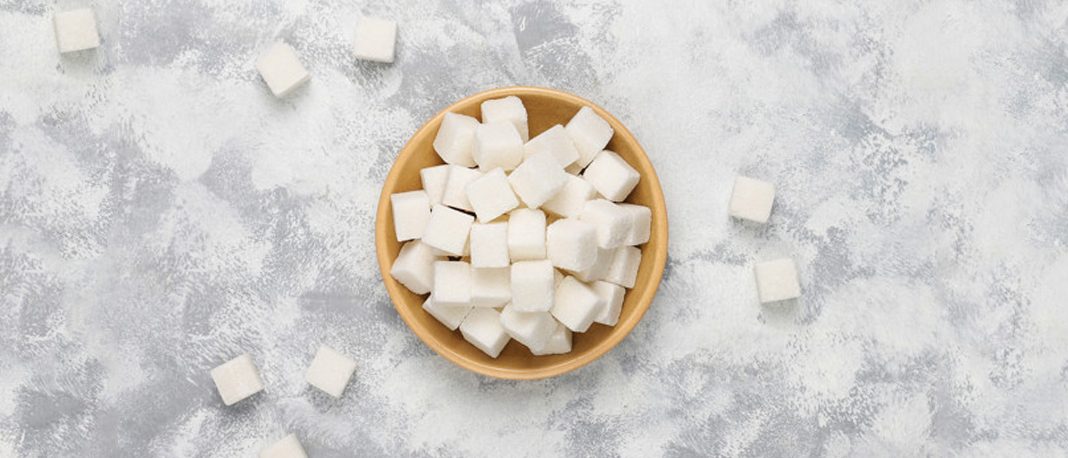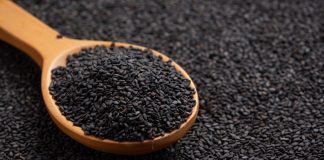What is Fructose Sugar?
Fructose or fruit sugar is a monosaccharide like glucose, which is naturally found in honey, fruits, and vegetables. It is commonly added to processed foods in the form of High Fructose Corn Syrup(made up of corn starch).
What is IBD?
IBD(Inflammatory Bowel Disorder) is an inflammation which describes the intestine disorder that involves chronic inflammation of your digestive tract. Types of IBD include
- Ulcerative colitis
- Crohn’s disease
According to recent studies, it has been found that approximately 3 million people from America were diagnosed with IBD (Inflammatory Bowel Disease). Fructose sugar contributes to the increased Inflammatory Bowel Disease(IBD) in humans. We all know that chocolates, sweets, and other desserts are loaded with sugar. But what about hidden sugars? You never know how much sugar you consume unknowingly through fruits and foods(processed foods), which contains a high amount of fructose sugar also known as fruit sugar.
Research on Fructose Sugar Effect on IBD
The Research on fructose sugar effect on IBD has been done with mouse models. More than 74 kinds of genetically engineered mouse models have been established since 1993. Even though these mouse models do not fully resemble human Inflammatory Bowel Disease (IBD), they provide significant contributions to understand IBD and to develop new medications for IBD.
The scientists performed the following methods of an experiment to examine the effects of a high fructose diet on mice models.
- Chemically induced
- Spontaneous mutation
- Adoptive T cell transfer
- Genetically engineered
- Microbiome induced
Chemically Induced
The most widely used Adoptive T Cell Transfer Mouse models are induced with three different types of chemicals as they all have different uses based on their induction methods. The main purpose of using the chemical method is they are cheap, quick, and easy to develop. The following are the 3 types of chemicals induced in the mouse models.
- Dextran sulfate sodium (DSS)
- Trinitrobenzenesulfonic acid (TNBS)
- Oxazolone
Location of response – Colon
Type of response – Epithelial damage Immune-Mediated
Spontaneous Mutation
A spontaneous mutation has been a major source for animal models in a human genetic disorder. It was time-consuming, labor-intensive, and costly. But recently there has been a lot of DNA sequencing technologies that reduce the time, effort, and the money spent on gene- identification models. Two Commonly used Spontaneous mutations are
- SAMP1/Yit
- C3H/HeJBir
Location of response – Ileum, Colon
Type of response – Immune-Mediated
Adoptive T Cell Transfer
This model instigates chronic small bowel and colonic inflammation which represents the key aspects of human IBD. In this method, the full development of colitis is not possible. In order to induce inflammation in mice, the adoptive transfer of syngeneic CD4+CD45RBhigh T cells into T and B cell-deficient recipients was done.
Location of response – Colon
Type of response – Immune-Mediated
Genetically Engineered
Genetically engineered mouse models of Inflammatory bowel disease voluntarily develop colitis. The well-known model of this type is the constitutive knockout IL-10-/- mouse which is still used in research even after 25 years of development.
Location of response – Colon
Type of response – Immune-Mediated
Microbiome Induced
Intestinal bacterias are involved in immune-mediated intestinal inflammation in IBD models.
Germ-free IL-10-/-, +/- microbial transfer stimulates the mucosal immune system which causes Colitis development.
Location of response – Colon
Type of response- Immune-Mediated
Finally, the scientists confirmed that feeding the mouse with a lot of fructose sugar results in inflammation of the colon. But it may vary in human cases. If the consumption of fructose sugar is large it might also cause Colon cancer in human beings with IBD inflammation. So it’s important to keep your colon clean. Still, the scientists and researchers plan to inspect the effects and prevention methods of Inflammatory Bowel Disease(IBD) caused by fructose sugar.

















